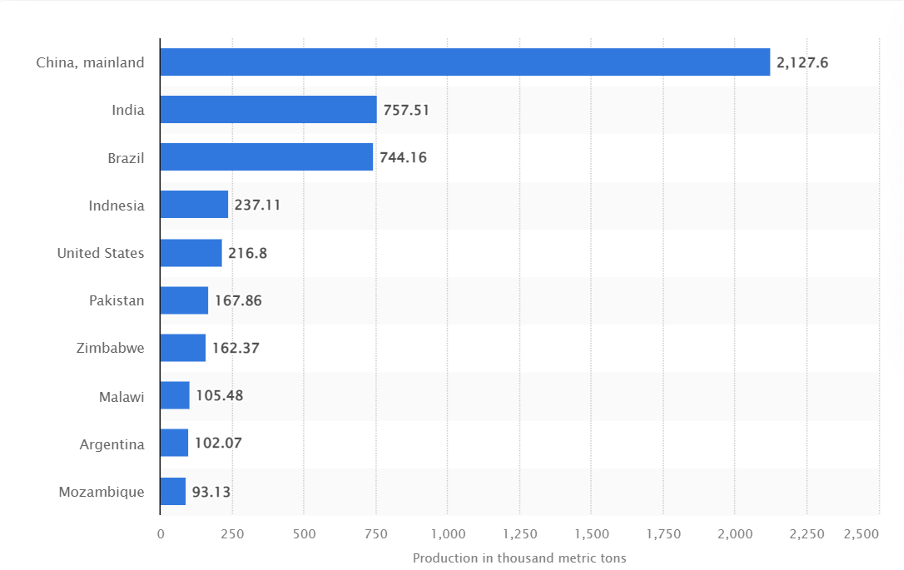By Charalampos Karouzos,
Initially, it’s well known that tobacco consumption is a leading cause of preventable death globally, with approximately 8 million people dying every year due to tobacco-related illnesses. These illnesses can affect almost every organ predisposing to severe disease in the future, mainly affecting the lungs, heart, and brain. Smoking can cause various respiratory illnesses, including lung cancer, with tobacco being the most important causative agent, chronic obstructive pulmonary disease (COPD), and emphysema. In addition, tobacco use can lead to cardiovascular diseases, such as heart attacks, strokes, vascular diseases (atherosclerosis), and can damage the brain, leading to cognitive decline. All these diseases, along with many others linked to smoking, significantly decrease quality of life for smokers, requiring treatment from a young age and decreasing healthy life years.
Moreover, the tobacco industry, apart from directly attacking the health of their customers (smokers), has significant environmental, health and social impacts, particularly in developing countries where tobacco is grown. The cultivation of tobacco is far from efficient and sustainable as it requires a significant amount of land, around 3.5 million hectares of land are converted for tobacco growing each year; water, and fertilizer that further deplete soil fertility, especially for other than tobacco crops. This land could instead be used to grow food to feed and support the growing population, particularly in countries facing food insecurity. In fact, any profits to be gained from tobacco as a cash-crop may not offset the damage done to sustainable food production in low and middle-income countries, entrapping farmers in this vicious cycle of dependence to tobacco production. Also, tobacco cultivation is linked to deforestation, around 200.000 hectares per year are lost, soil degradation, and water pollution, which can have lasting impacts on the environment, further decreasing the quality of life and the prospects of the farmers.
Additionally, the tobacco industry has a history of exploiting vulnerable communities, particularly in developing countries where regulations and labor laws may be weaker. Tobacco farming is often associated with poor working conditions, low wages, and child labor, as children are expected to assist in farming rather than going to school, clearly violating basic human rights. In addition, the usage of pesticides to cultivate the crops has important health risks for farmers and their families further increasing health inequality among developed and developing countries. Furthermore, tobacco companies have a long history of targeting youth and marginalized populations, often using marketing techniques that are misleading and designed to hook people into smoking. Thus, developing nations are practically “enslaved” to cultivate the tobacco crop, neglecting the collateral damage done by damaging their natural resources, which in fact the largest tobacco cultivating countries have many of, and systemically inducing people to work in the tobacco fields.

Therefore, the theme of “Grow food, not tobacco” for World No Tobacco Day is not another pointless initiative but lies as a critical reminder of the importance of prioritizing food security and sustainability over tobacco production. It is essential to promote healthy and sustainable agricultural practices that prioritize food production and the wellbeing of communities. It is becoming an increasingly more concerning issue as the constant increase of the human population will require more sustainably and economically feasible food sources in the future. Furthermore, it is crucial to regulate the tobacco industry, particularly in countries where regulations may be lax, to protect vulnerable populations from the harmful impacts of tobacco use and cultivation.
Should this be true, the focus now must be shifted on probably the most important aspect of the conversation; the available strategies that can be implemented to achieve the goal of growing food instead of tobacco. Firstly, governments must provide incentives to farmers in order to shift from tobacco production to food crops. This could include subsidies, technical assistance, and access to markets for their products, providing farmers support during the period of crop change. Additionally, governments can (and should) invest in research and development of sustainable and climate-resilient agricultural practices that prioritize food production as was the case of golden rice, a vitamin A naturally enriched rice. Secondly, there is a need for increased public education on the harms of tobacco consumption and the benefits of sustainable agriculture. Education should be targeted towards both farmers and consumers, highlighting the benefits of growing food crops over tobacco and the negative impacts of tobacco use to public health and on the environment. In fact, the UN organization has repeatedly highlighted the negative effect of the tobacco industry on achieving the set global sustainability goals.
Lastly, at an international level, there is a need for stronger regulations on the tobacco industry to protect vulnerable communities from the harmful impacts of tobacco use and cultivation. This could include measures such as increasing taxes on tobacco products, banning tobacco advertising and promotion, and regulating the production and sale of tobacco products. Limiting usage of tobacco, while providing adequate support to farmers, is the necessary first step that must be taken, in order to battle against the tobacco industry and creating a more sustainable future for humanity.
In conclusion, tobacco consumption, although widely accepted as an everyday bad habit, a case far from the truth, induces a significant public health concern with harmful effects on individuals and society. The theme for 2023, “Grow food, not tobacco” for World No Tobacco Day on May 31st, is a crucial reminder of the importance of prioritizing the consequences of tobacco production over food, decreasing food-security and sustainability internationally. Governments, farmers, and communities must collectively work to set a safety boundary for vulnerable populations from the harmful impacts of tobacco use and cultivation, and at the same time, promote sustainable agriculture practices that prioritize food production and protect.
References
- World No Tobacco Day. who.int. Available here
- Leading countries in tobacco production. statista.com. Available here
- Vitamin in rice. wonnapob.com. Available here




